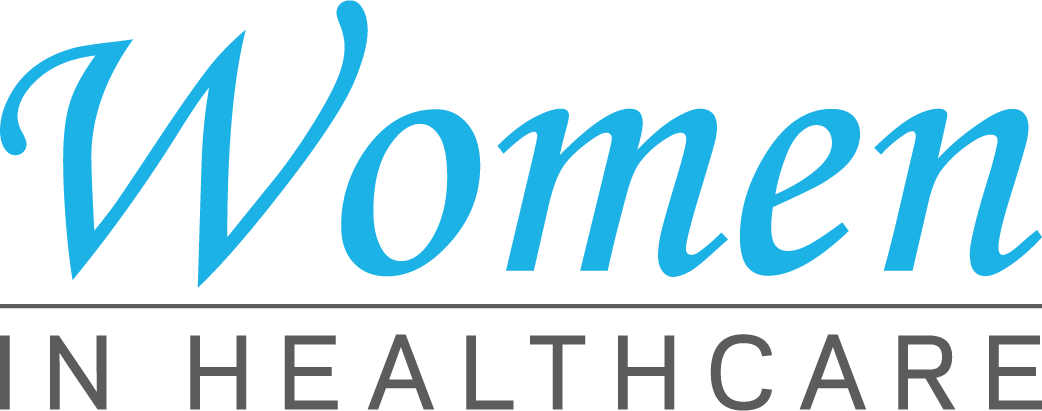Understanding the Role of Healthcare RCM in Enhancing Financial Performance and Client Satisfaction
Navigating the intricacies of Medical care Earnings Cycle Monitoring (RCM) is crucial for attaining optimal financial efficiency while all at once boosting patient satisfaction. RCM's ability to simplify payment, ensure specific coding, and quicken insurance claims refining stands as a foundation of modern healthcare procedures. Nonetheless, the nuanced interaction in between these aspects warrants a more detailed examination to totally appreciate their influence on both health care providers and people. As we check out the transformative capacity of RCM, concerns regarding its calculated execution and future advancements beckon, encouraging understandings that might redefine market requirements and individual experiences alike.

Key Elements of RCM
In the complicated landscape of healthcare, Income Cycle Administration (RCM) is pivotal in ensuring economic stability and functional performance. A comprehensive RCM system includes numerous critical components, each playing an essential duty in the smooth management of a doctor's economic procedures. Patient registration and qualification verification are fundamental actions, ensuring that accurate patient information is recorded and insurance coverage is validated before services are made. This minimizes the risk of insurance claim rejections and accelerates the repayment process.

Cost capture is another essential element, entailing the accurate recording of services given to clients. It makes sure that all billable services are represented, thereby making the most of earnings potential. Simultaneously, medical coding translates patient experiences into standard codes, which are essential for payment and regulative conformity.
Insurance claims submission and monitoring follow, involving the prep work and submission of claims to payers. This process requires careful attention to detail to lessen errors and protect against hold-ups. Denial monitoring is a positive technique to deal with and resolve rejected insurance claims, guarding profits streams.
Last but not least, payment publishing and person collections finish the cycle, making sure settlements are accurately taped and superior equilibriums are pursued. With each other, these components develop a durable framework that sustains the economic and functional health and wellness of health care organizations.
Effect On Financial Performance
Effective Income Cycle Administration (RCM) dramatically influences a health care organization's monetary performance by enhancing money circulation and minimizing income leakage. RCM encompasses the extensive billing and collection processes that ensure doctor efficiently manage their monetary deals from client registration to last settlement. By simplifying these processes, organizations can decrease rejected claims, quicken repayment cycles, and improve general financial wellness.
Economic performance is boosted with meticulous administration of billing treatments, which involves precise coding and timely submission of cases. This minimizes the possibility of case denials and denials, which can substantially hinder profits flow otherwise addressed without delay. Additionally, incorporating sophisticated modern technology services promotes real-time tracking of cases and financial metrics, giving health care administrators with the devices required to make informed calculated decisions.

Enhancing Person Fulfillment
While maximizing financial efficiency is an essential goal of Income Cycle Monitoring (RCM), it likewise plays a crucial duty in improving person complete satisfaction. By minimizing management worries, RCM allows healthcare suppliers to concentrate check over here much more on client care, which straight improves person contentment.

RCM likewise enhances patient satisfaction via efficient interaction. By preserving an extensive database of client info, RCM facilitates boosted interaction between individuals and health care service providers, making certain individuals feel informed and valued.
Strategies for Effective RCM
Attaining effective Earnings Cycle Administration (RCM) requires medical care organizations to carry out a collection of calculated methods that guarantee economic stability and operational effectiveness. One vital strategy is the adoption of technology-driven options, such as incorporated software systems that simplify invoicing processes, reduce errors, and enhance information accuracy. These systems allow real-time tracking of financial metrics, enabling punctual identification and rectification of inefficiencies.
Another strategy is the standardization of procedures throughout the earnings cycle. Healthcare RCM. This includes establishing consistent policies for person enrollment, insurance verification, and claims processing. By making certain that all personnel abide by these criteria, organizations can expedite and decrease disparities repayment collections
Team training and growth also play an essential role in efficient RCM. Trained workers can successfully navigate complicated invoicing treatments and laws, enhancing and decreasing rejections cash money you can try these out flow. Routine updates on policy changes and ideal techniques aid keep a experienced and proficient labor force.
Future Trends in RCM
As health care organizations improve their Earnings Cycle Administration (RCM) approaches with modern technology and standardized procedures, attention is currently turning towards the future patterns forming this essential area. One substantial fad is the integration of expert system (AI) and equipment discovering to automate complex tasks, such as insurance claims refining and anticipating analytics. These innovations are anticipated to lower mistakes, increase transaction times, and supply data-driven insights for far better decision-making.
Furthermore, the change towards value-based care proceeds to influence RCM methods - Healthcare RCM. Doctor are expected to progressively concentrate on person end results and complete satisfaction, requiring RCM systems that can fit new repayment designs. This change will call for more extensive data collection and analysis to effectively gauge and report on efficiency metrics
Interoperability is an additional emerging top priority, as seamless data exchange in between diverse systems becomes essential. Improved interoperability will certainly help with more precise person details sharing, click here for info reducing management problems and boosting the patient experience.
Final Thought
Healthcare Income Cycle Management (RCM) dramatically affects both financial efficiency and client complete satisfaction by maximizing invoicing procedures, guaranteeing precise coding, and allowing prompt insurance claims entry. Efficient RCM decreases income leak and accelerates money circulation, decreasing case denials and accelerating payments.
Navigating the details of Health care Earnings Cycle Management (RCM) is necessary for achieving optimal monetary efficiency while at the same time raising person complete satisfaction. RCM includes the thorough billing and collection processes that make sure medical care companies effectively handle their economic transactions from client enrollment to last settlement. By reducing administrative problems, RCM enables medical care providers to focus a lot more on individual treatment, which straight improves patient complete satisfaction.
By preserving a detailed data source of person information, RCM helps with enhanced interaction in between people and medical care providers, guaranteeing clients feel informed and valued.Healthcare Income Cycle Administration (RCM) substantially affects both monetary efficiency and individual fulfillment by maximizing payment procedures, making certain specific coding, and making it possible for prompt cases entry.